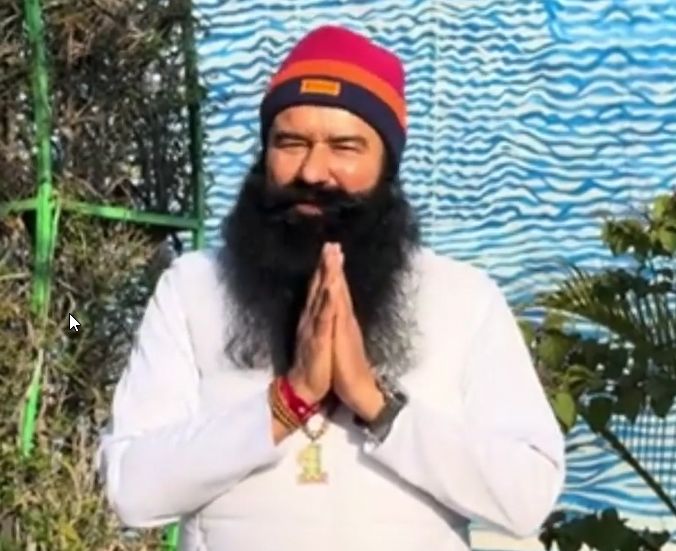Bench Allows Law Student to Intervene in Ongoing Cases
New Delhi, April 1: The Supreme Court of India on Tuesday declined to entertain a fresh plea challenging the validity of a provision in the Places of Worship (Special Provisions) Act, 1991. The law mandates the preservation of the religious character of places of worship as they existed on August 15, 1947.
Chief Justice Sanjiv Khanna and Justice Sanjay Kumar, comprising the bench, rejected the plea filed by Nitin Upadhyay, a law student. However, the bench permitted him to file an interim plea to intervene in the petitions already pending before the top court.
"We are not inclined to entertain a fresh PIL under Article 32 of the Constitution," Chief Justice Khanna stated during the hearing.
Existing Petitions Awaiting Adjudication
Currently, more than six petitions challenging various provisions of the 1991 law are already pending before the Supreme Court. Lawyer Ashwini Upadhyay’s petition is the leading plea among these. These petitions primarily dispute Section 4(2) of the Act, which prohibits any judicial proceedings seeking to alter the religious character of a place of worship as established in 1947.
The Act explicitly excludes the Ram Janmabhoomi-Babri Masjid dispute in Ayodhya from its purview.
Key Arguments Raised by the Petitioners
The fresh plea submitted through advocate Shweta Sinha argued that barring judicial remedies infringes upon a fundamental constitutional principle. It emphasized that access to judicial remedies cannot be curtailed by legislative action, stating that such denial violates the Constitution's basic structure.
"The Centre has transgressed its legislative power in barring judicial remedies, a basic feature of the Constitution. The right to judicial remedy by filing suit in a competent court cannot be barred," stated the plea.
Further, the plea pointed out that structural changes aimed at restoring the original religious character are permissible. It also highlighted that the Act does not prohibit scientific or documentary surveys to ascertain the authentic religious nature of places of worship.
Supreme Court's Previous Stance and Ongoing Proceedings
In February, the apex court expressed its displeasure over numerous petitions challenging the 1991 Act. It clarified that a three-judge bench would hear the pending petitions in April and permitted some petitioners to file additional intervention applications based on new legal arguments.
Significantly, in its order dated December 12, 2024, the Supreme Court effectively paused proceedings in approximately 18 lawsuits filed by various Hindu groups. These lawsuits sought surveys to determine the original religious character of prominent mosques, including the Gyanvapi Mosque in Varanasi, Shahi Idgah Masjid in Mathura, and Shahi Jama Masjid in Sambhal, the last of which witnessed deadly clashes resulting in four fatalities.
The apex court's refusal today reinforces its intent to consolidate ongoing challenges into a structured judicial process, rather than entertaining new petitions separately.

